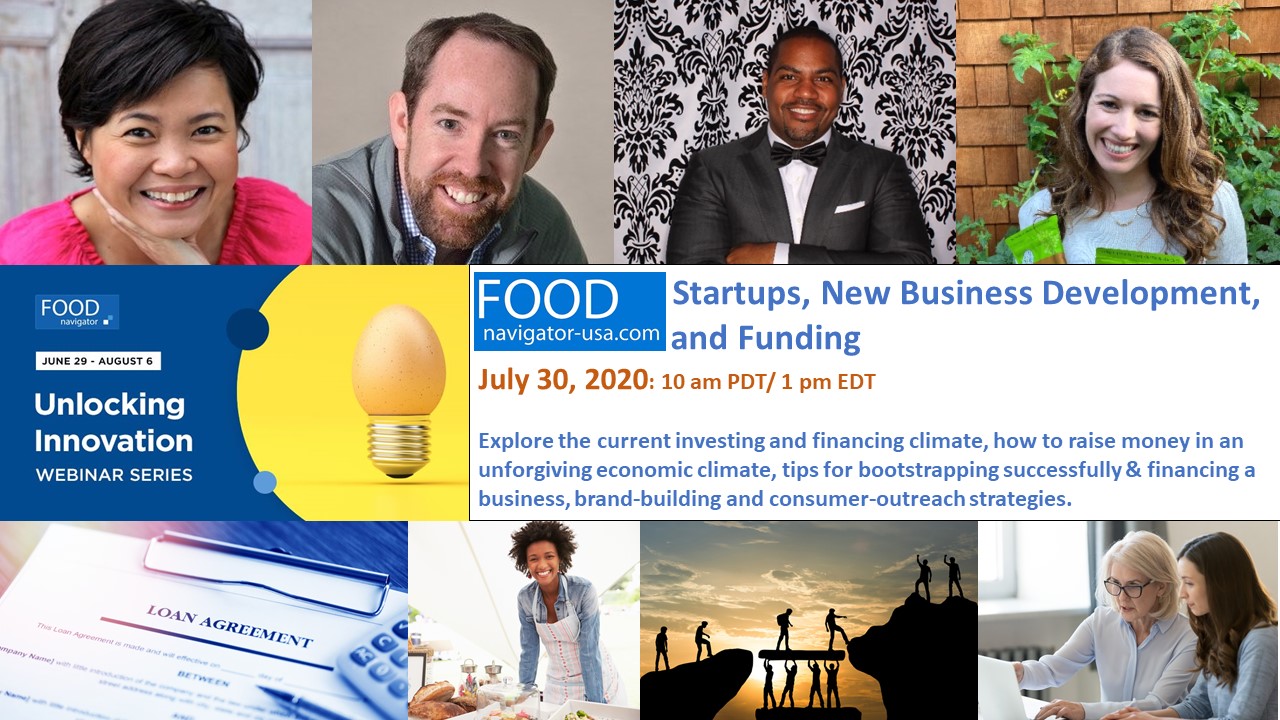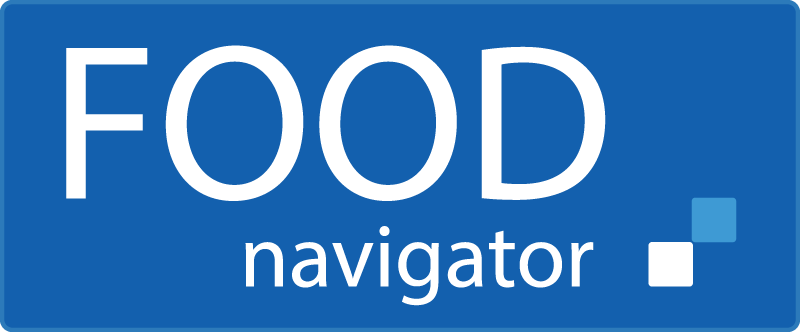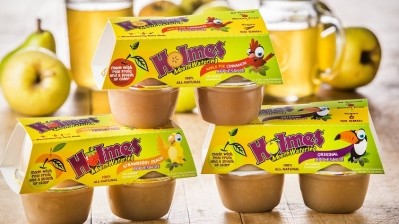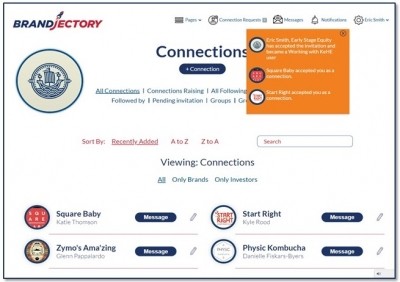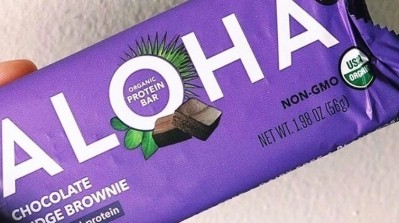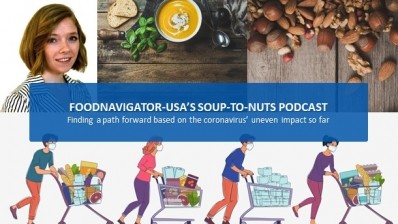Webinar on demand: Investors expect more for less from entrepreneurs fundraising, but are open to new deals
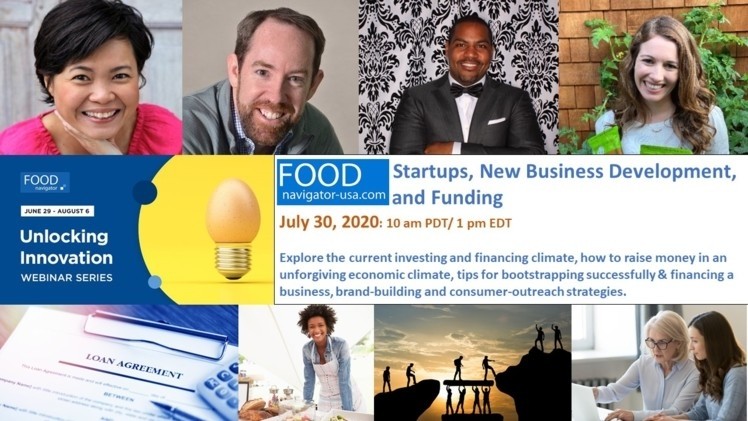
They explained during the Unlocking Innovation: Startups, New Business Development and Funding webinar, which is available on demand, that even before the pandemic, some investors were cooling on the competitive food and beverage industry, which has become increasingly crowded with emerging brands that offer little differentiation, but were demanding disproportionately high valuations.
However, they noted, even though these factors have dramatically slowed the courtship process between food and beverage entrepreneurs and venture capitalists, other fundraising options remain viable, including crowdfunding, credit and grants.
“It’s a tale of two stories”
Recent eye-catching headlines of multi-million and near billion dollar fund raises in the food and beverage space may prompt some entrepreneurs to think investors have re-opened the taps after signaling in the spring that their checkbooks were closed to anyone not already in their portfolio.
But while investors are starting to fund food and beverage companies again, they are doing so with extreme caution in light of the pandemic’s long-term impact on the economy, shifting consumer shopping patterns and ongoing retailer SKU rationalization, said Andrew Reynolds, co-founder and managing partner of RCV Frontline, which invests in early stage, leading food and beverage companies.
“It is a tale of two stories, where I have seen companies that are getting capital … relatively quickly and are being able to oversubscribe their rounds with the logic being … if you are raising now and it is an uncertain future, and if you can get more, we suggest you do. And those founders are accepting perhaps more dilution to their business than they initially intended for the peace of mind of actually having capital in the bank to run and grow their business,” he said.
The other story is of entrepreneurs who were just launching, have an idea but aren’t on the shelf or haven’t proven their concept yet – and those are the ones who are unlikely to finding funding right now, he said.
Proceeding with caution and setting a higher bar
Since the pandemic was declared in March, Reynolds said his group has “remained active,” but it has made only two investments – signaling that “we have slowed down a little bit and are trying to look at every single possibility.”
This means pressing entrepreneurs to see how well they understand the challenges of growing a brand, the costs and benefits of going into different channels and how well they understand the impact of and can adapt to COVID-19, he said.
More than before the pandemic, Reynolds said his group is looking for proof of concept – so whether something already is on shelf, has strong velocity or has retailer authorization – and whether entrepreneurs are able to oversubscribe their fundraise round.
How efficiently entrepreneurs used capital is another focal point for Aihui Ong, an investor with XFactorVentures and the founder of the subscription snack box service LoveWithFood, which she sold to SnackNation in 2018.
“We are an early stage investor … and what we really want to see is how far the founder can stretch every dollar in this environment,” she said.
She also scrutinizes entrepreneurs’ go-to-market strategy, and in the current environment favors those with direct-to-consumer approaches.
“It is a very tough environment to pitch buyers at grocery stores and getting consumers to go to stores to buy something now, because the patterns of consuming have changed for everyone. As you know, a lot of people are buying stuff online and not going to stores anymore,” she explained.
Has the food and beverage bubble burst?
Ong also cautions entrepreneurs that the pandemic may have ended the Heyday of food and beverage brand commanding extremely high valuations for their companies.
“We did go through a bubble where we were looking at really ridiculously high valuations. Look at the same time last year, valuations for a lot of companies were really ridiculous. I think, a lot of investors right now are just waiting on the sidelines for valuations to drop. So, it’s not that there is no capital to be deployed, it is I think everyone of us are just waiting for valuations to get back to a more realistic state,” she said.
She explained that as an industry agnostic investment group, XFactorVentors has reviewed and rejected several CPG pitches even as it adds businesses from other industries to its portfolio, in part because the segment is so competitive and saturated.
“The reason why I haven’t invested in any CPG companies is the lack of differentiation,” she said.
She explained that when she asks entrepreneurs how their product is better than the half dozen or more competitors already on shelf the most frequent answer they give is because they taste better. And while taste is important, she said, that on its own isn’t good enough.
“The CPG space is very competitive and if there is no real differentiator then one, it is difficult to get shelf space, and two, it is difficult to get the consumer’s attention,” she said.
Reynolds agreed, adding that entrepreneurs now need to have “a good story and a good understanding of what levers you’re going to pull as a founder to elevate your brand against many of the substitutes that are out there.”
That said, he added, if a company can demonstrate a viable go-to-market strategy, strong velocity and consumer engagement and is willing to take less money or give more time to woo investors then the opportunity is there, despite the ongoing pandemic and recession.
Editor’s Note: Find out what other financing options are available to entrepreneurs and how to effectively connect with investors at a time when traditional networking events are unavailable by listening on demand to the full Startups, New Business Development and Funding webinar.
|
